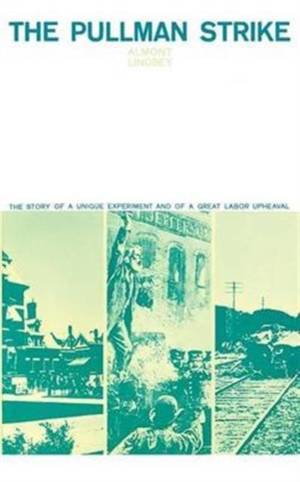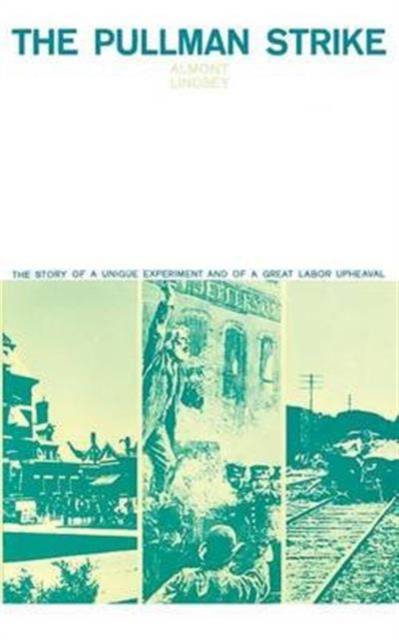
- Retrait gratuit dans votre magasin Club
- 7.000.000 titres dans notre catalogue
- Payer en toute sécurité
- Toujours un magasin près de chez vous
- Retrait gratuit dans votre magasin Club
- 7.000.000 titres dans notre catalogue
- Payer en toute sécurité
- Toujours un magasin près de chez vous
83,45 €
+ 166 points
Description
The Pullman Strike of 1894 threatened an entire nation with social and economic upheaval. Describing both its immediate results in business and its far-reaching effects on trade unionism, the author treats the dramatic story of the strike no as an isolated conflict, but as a culminating explosion in labor-capital relations. Woven into the narrative is the rise and decline of the extraordinary Pullman experiment. To all outward appearances a philanthropic project conceived by a generous employer for his employees, the "model town" of George Pullman developed into a kind of medieval barony, operated with an iron hand. This experiment is carefully traced in all its varying aspects, with emphasis on its contribution to the origin of the strike.
Spécifications
Parties prenantes
- Auteur(s) :
- Editeur:
Contenu
- Nombre de pages :
- 393
- Langue:
- Anglais
- Collection :
Caractéristiques
- EAN:
- 9780226483832
- Date de parution :
- 15-12-43
- Format:
- Livre broché
- Format numérique:
- Trade paperback (VS)
- Dimensions :
- 133 mm x 203 mm
- Poids :
- 467 g







